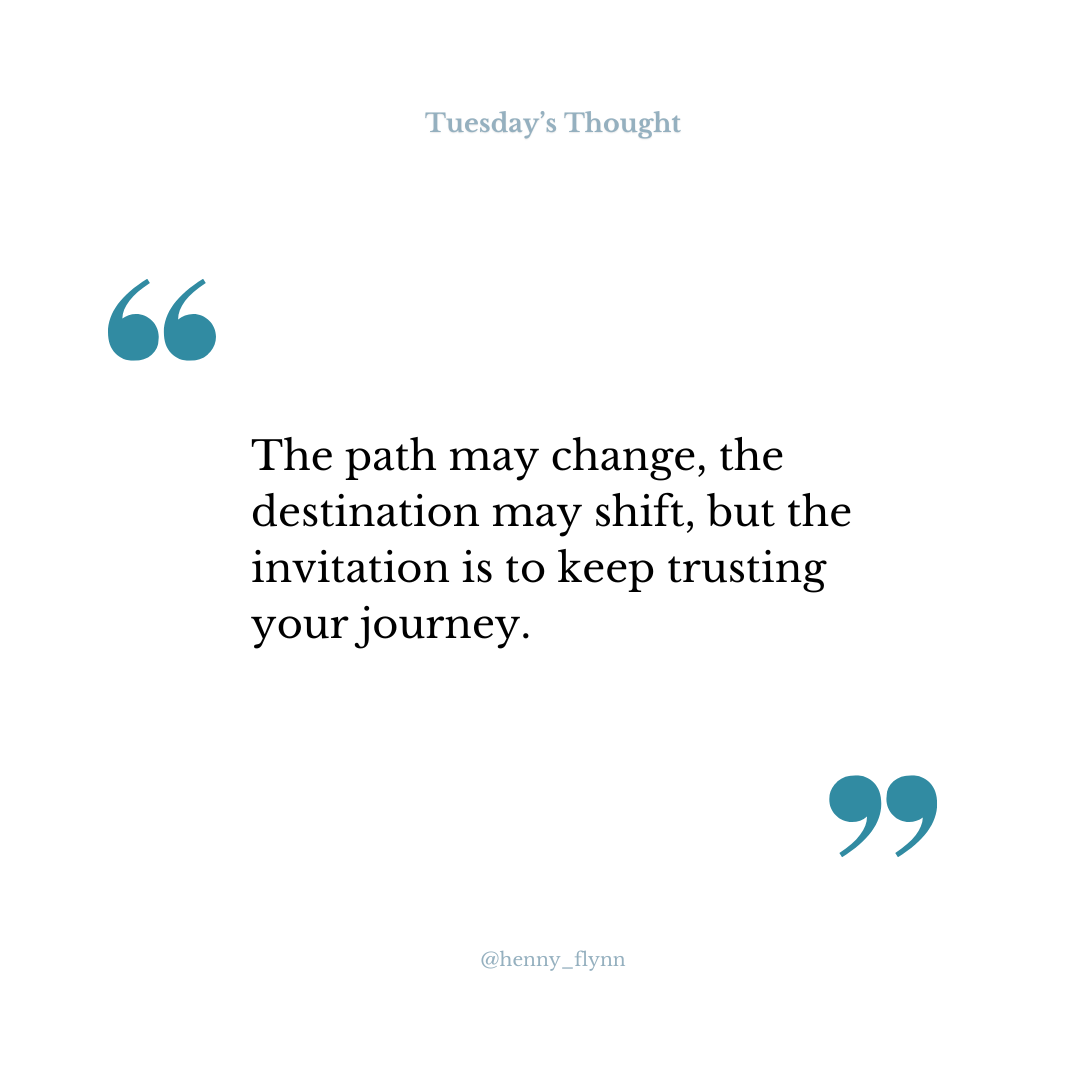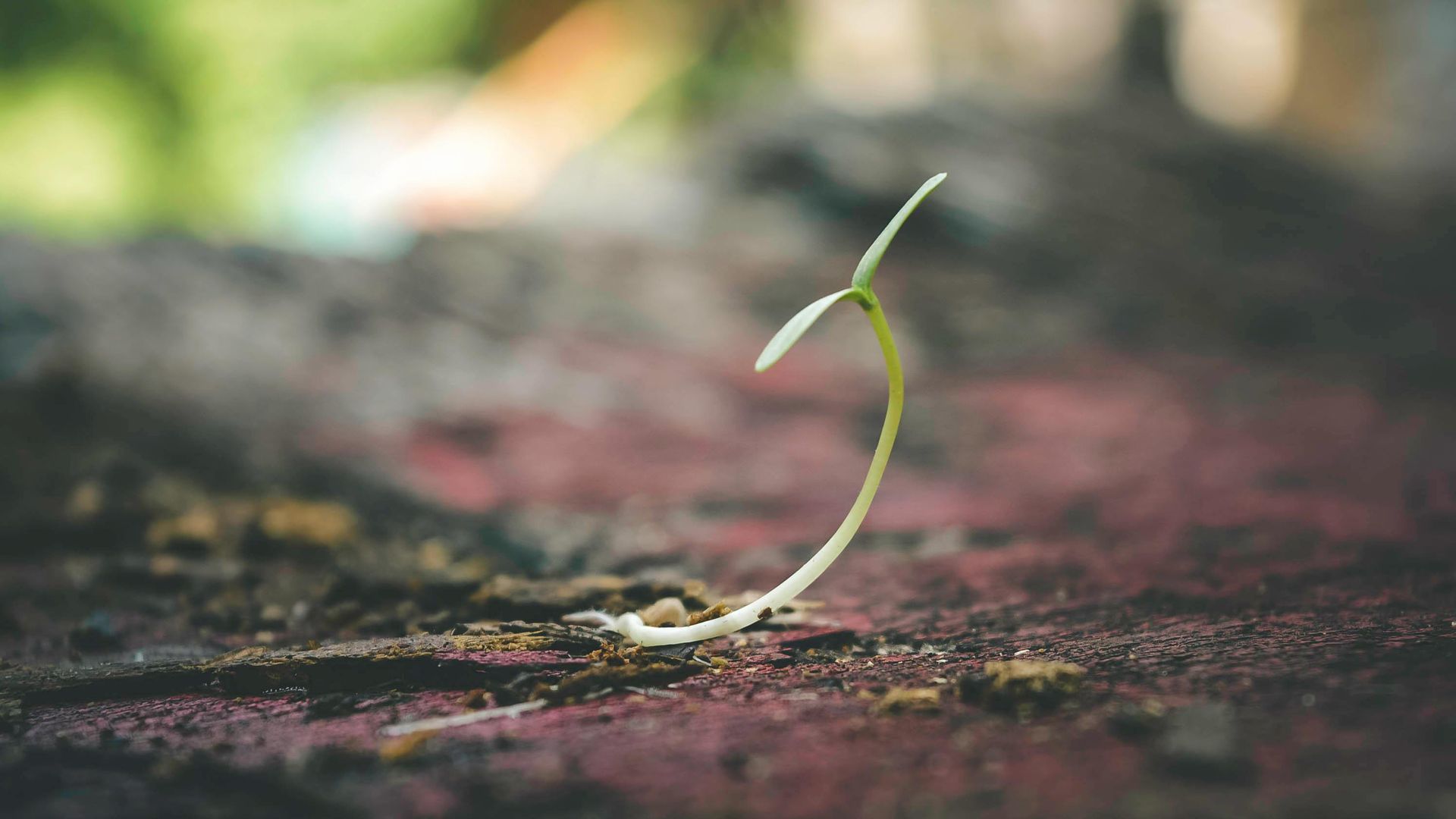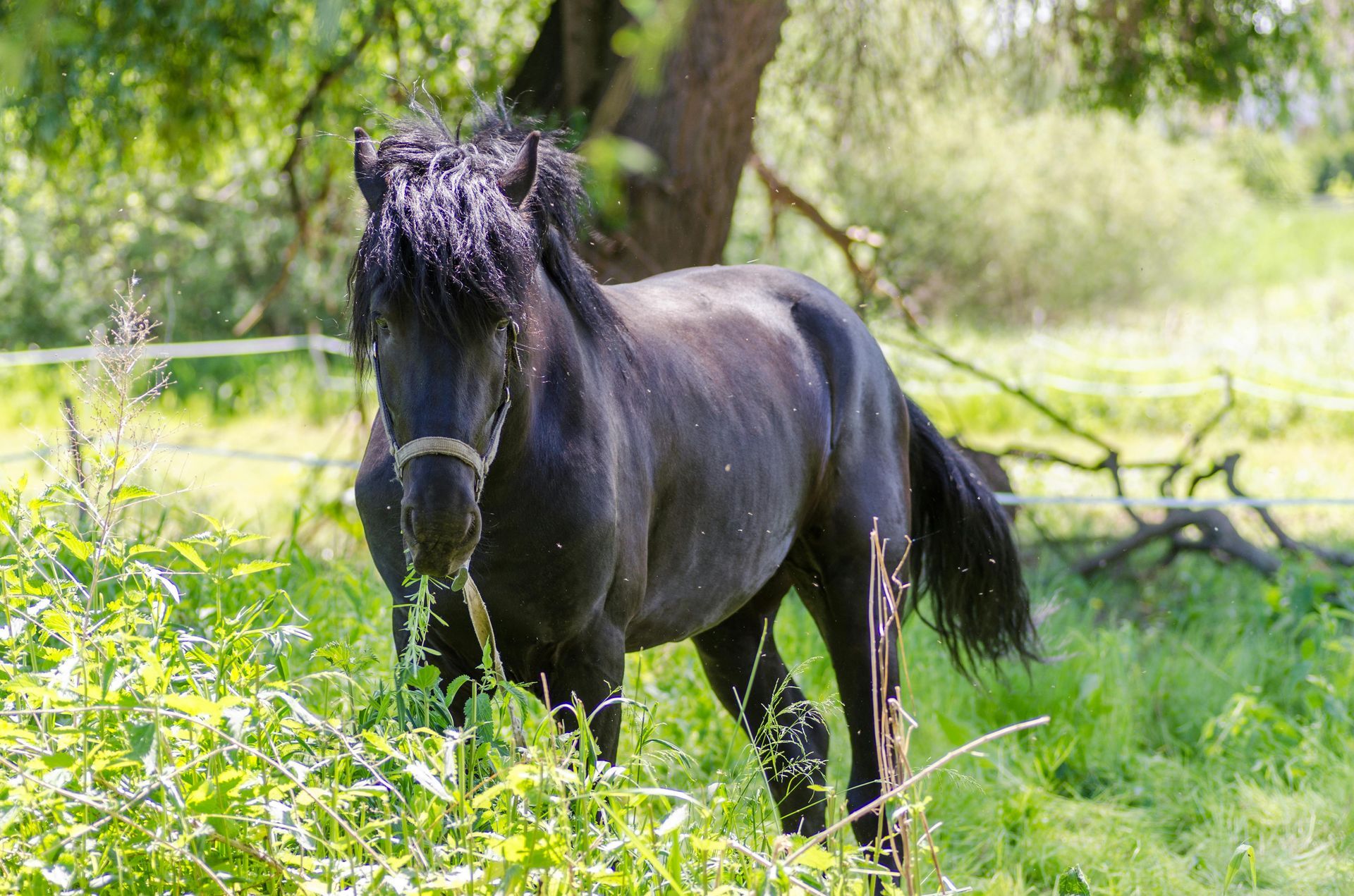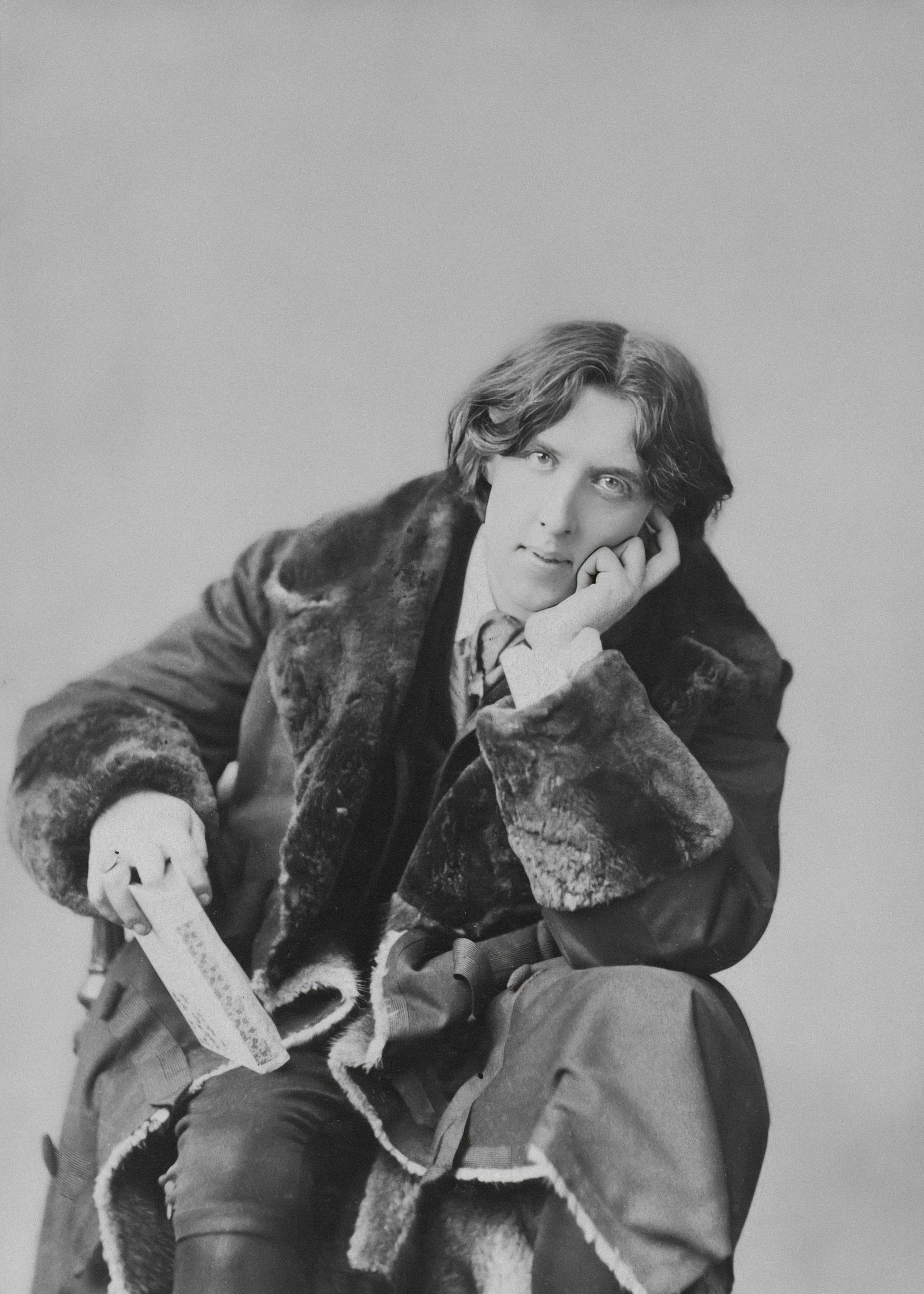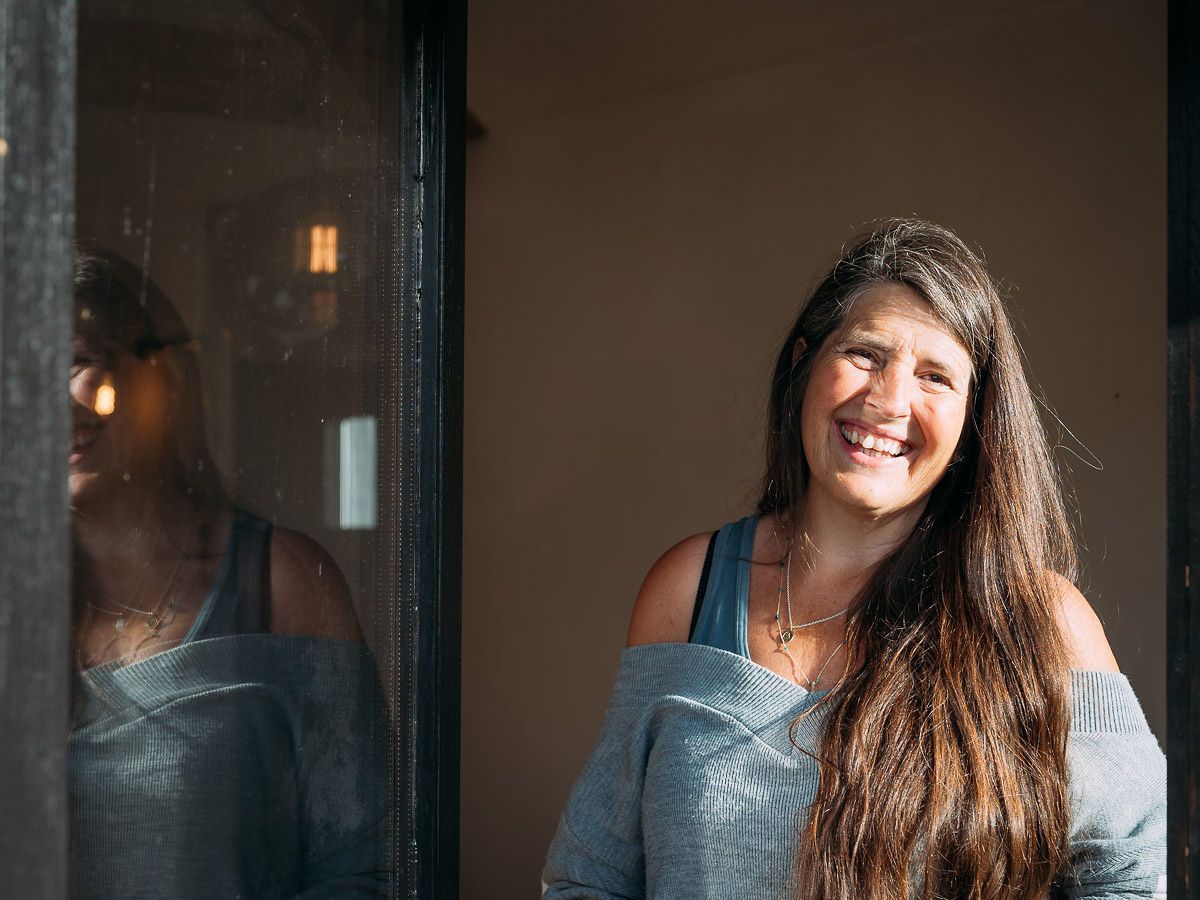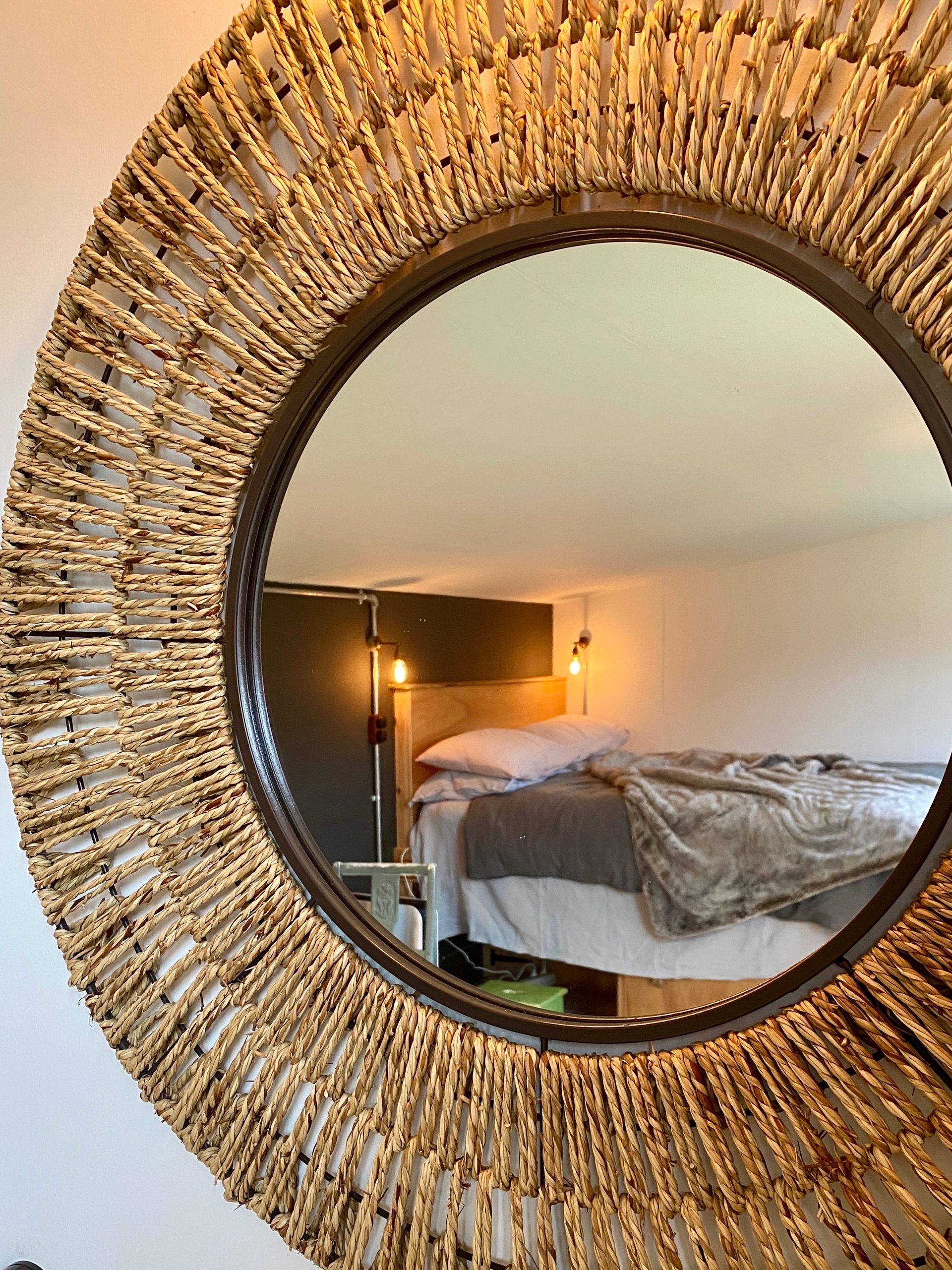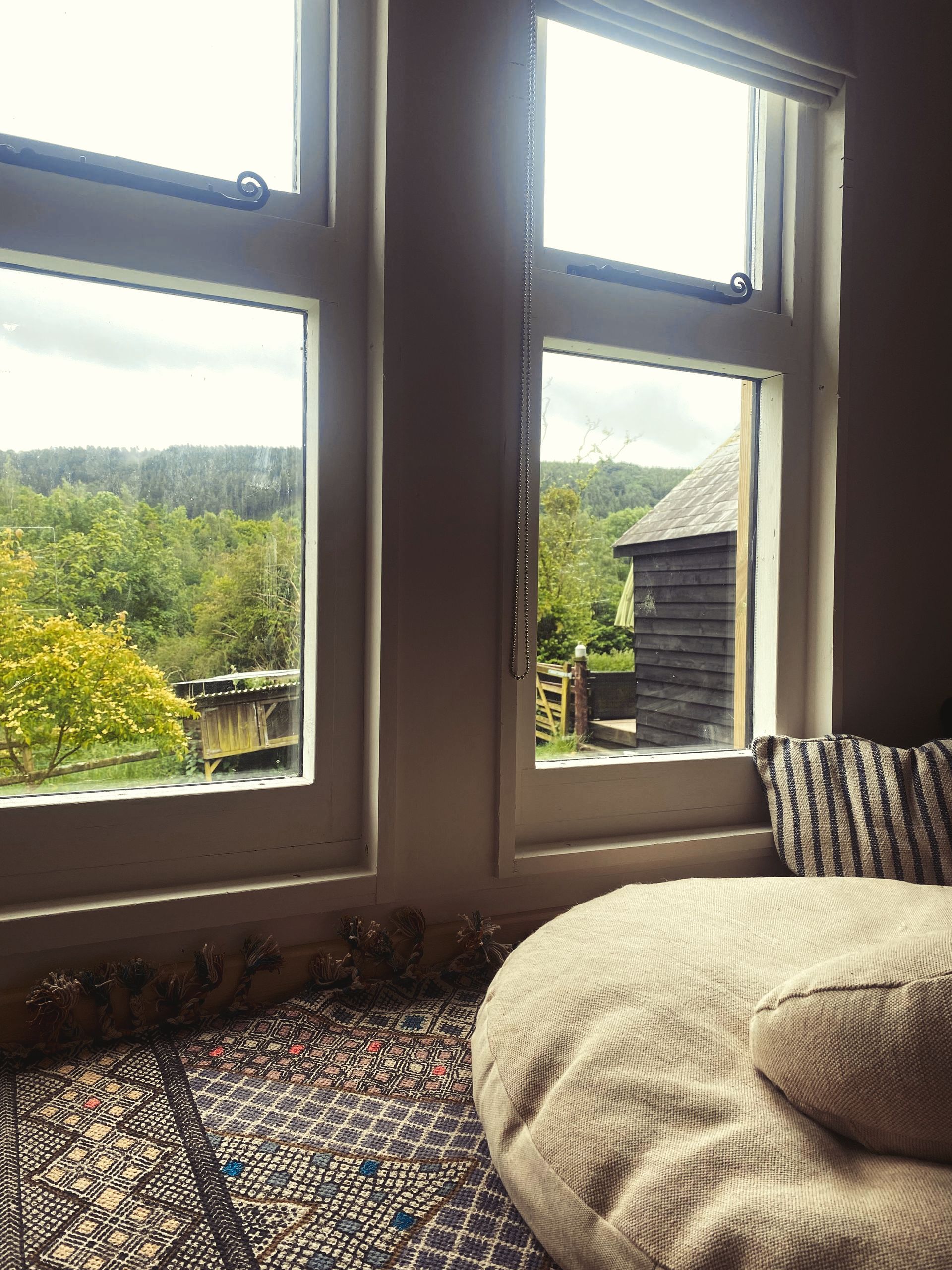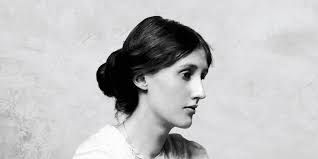Navigating the uncertainties of grief while maintaining a creative spark can feel like an insurmountable challenge.
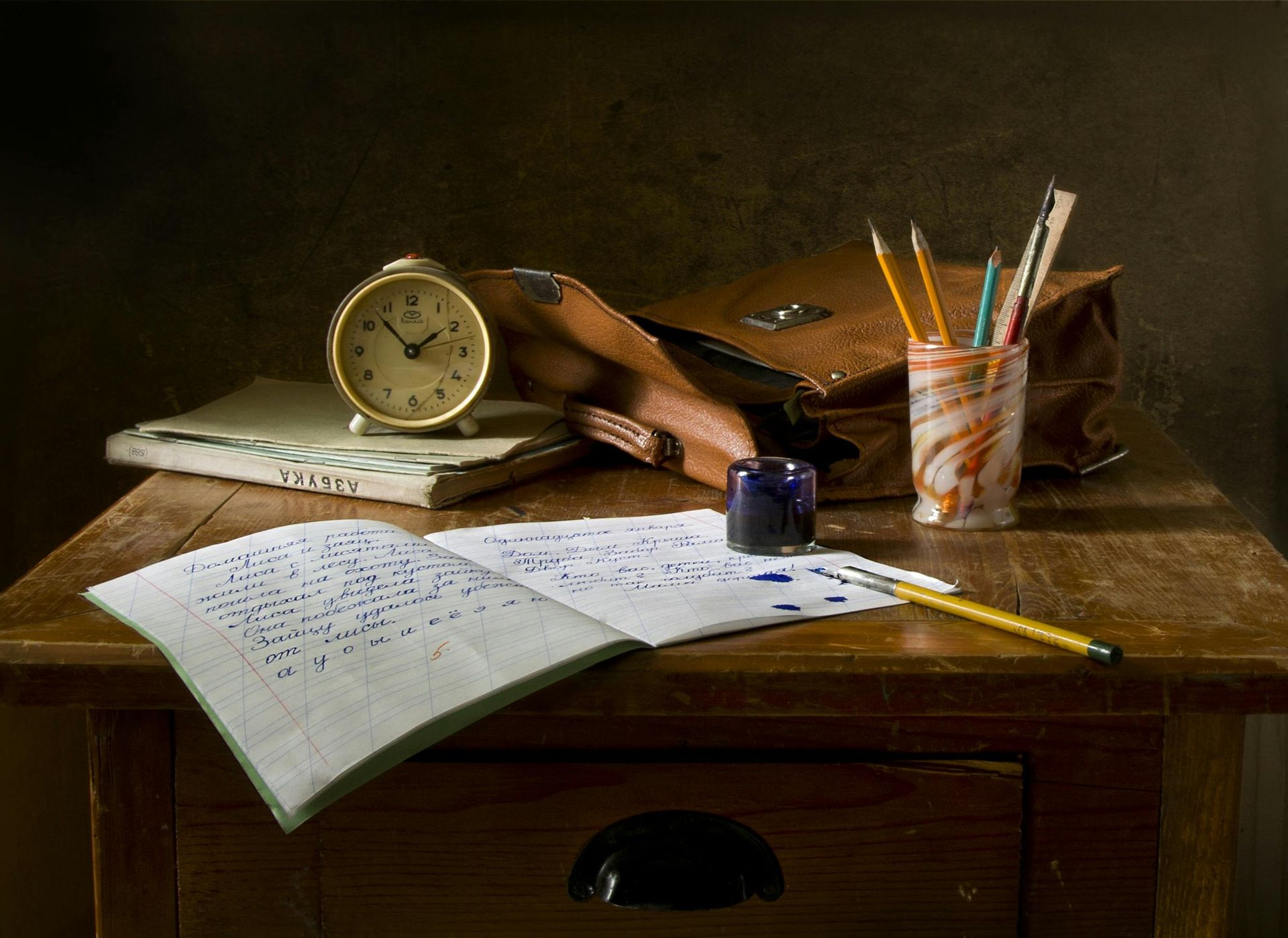
Grief touches everyone, but its impact on our lives and creative endeavours varies widely.
Sustaining Creativity During Loss
Sustaining creativity during times of personal loss can be incredibly difficult. The emotional weight of grief can deplete our creative reserves, making consistent creative output (whatever that means to you) challenging.
I've been facing into my own sense of low creativity recently. It's resulted in sporadic creative output, producing shorter, simpler podcast episodes, and even the unprecedented act of discarding an entire episode - it's a personal illustration of the struggle of harnessing creativity amid grief.
When I shared this with Anton, he suggested I embrace and talk about the struggle itself. That prompt revealed an important insight: acknowledging and sharing the experience of having nothing to say is a powerful step in the healing process.
The act of speaking about the creative block becomes a form of creativity in itself, transforming silence into expression.
Making Space for Grief
For me, the notion of "grief recovery" is slightly contentious; it implies a return to a pre-grief state, which may not be entirely possible or even desirable. Instead, accommodating grief within us, making space for it alongside our other emotions, allows us to honour both the loss and the love that preceded it. Grief, in its many forms—be it the loss of a loved one, a job, a home, or a phase of life—requires a nuanced approach to healing.
During periods of intense grief, the brain undergoes significant changes.
Research indicates a deactivation of the left prefrontal areas associated with positive emotions, while the right hemisphere, linked to anxiety and 'negative' emotions, becomes more active. This neurological shift explains why the energy for creative endeavours can feel suppressed. However, even when creativity feels elusive, the act of artistic expression - whether through writing, painting, or other forms - can facilitate emotional release and healing.
Embracing Transitional Work
In times of grief, creativity may not flow as it once did. Allowing yourself to engage in "transitional work" - creative efforts without the pressure of producing polished, finished pieces - can be liberating. Whether through journaling, sketching, or simply making noise with an instrument, the focus shifts from the end product to the process itself.
This approach fosters self-compassion and patience, essential components in the journey through grief.
The Role of Creative Acts in Healing
The myriad forms of creativity - cooking, gardening, writing, or even styling hair - serve as outlets for emotional expression and healing. Each act of creation, no matter how small, reconnects us with a sense of agency and purpose. For those who identify strongly with their creative pursuits, maintaining this connection is crucial for preserving self-worth and identity during times of loss.
Engaging in creative activities also offers a way to navigate the complex emotions tied to grief.
A Chinese proverb aptly encapsulates this idea: "You cannot prevent the birds of sorrow from flying overhead, but you can prevent them from building nests in your hair."
Creativity becomes a means to keep the sorrow from taking root, allowing for a transformative experience rather than a destructive one.
Concluding Thoughts
Navigating grief while maintaining creativity is a deeply personal and often challenging journey. It requires self-compassion, patience, and a willingness to engage in creative acts, even when they feel daunting. By honouring both the grief and the creative process, we can find moments of light and connection amidst the darkness.
As we move forward, it is essential to remember that there are no rules in the creative process, especially during times of grief. The freedom to create, in whatever form feels right, can be a powerful tool for healing and transformation.
Whether through journaling, art, or simply speaking about our experiences, each creative act brings us one step closer to integrating our grief and finding our way back to ourselves.
